China
2032 readers
27 users here now
Discuss anything related to China.
Community Rules:
0: Taiwan, Xizang (Tibet), Xinjiang, and Hong Kong are all part of China.
1: Don't go off topic.
2: Be Comradely.
3: Don't spread misinformation or bigotry.
讨论中国的地方。
社区规则:
零、台湾、西藏、新疆、和香港都是中国的一部分。
一、不要跑题。
二、友善对待同志。
三、不要传播谣言或偏执思想。
founded 4 years ago
MODERATORS
326
327
328
329
330
331
332
333
334
335
336
337
1
Huawei climbs to first place in China smartphone sales within two weeks of 2024
(www.huaweicentral.com)
338
339
340
341
342
343
344
345
346
347
348
349
350
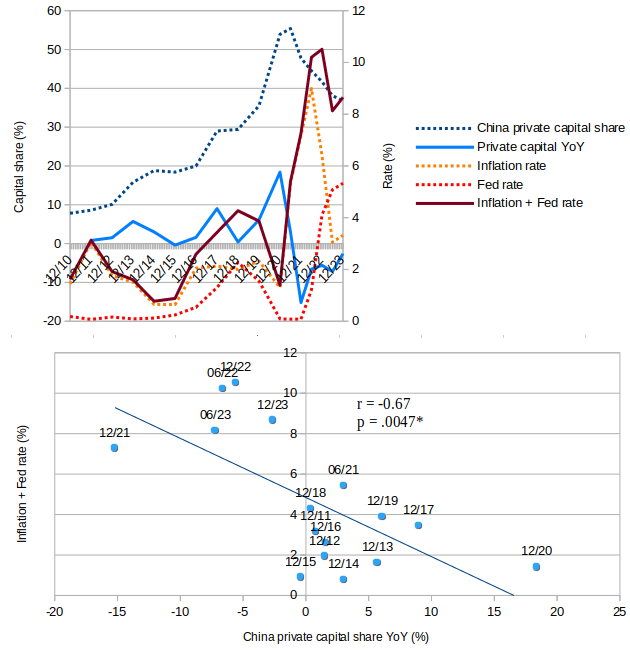
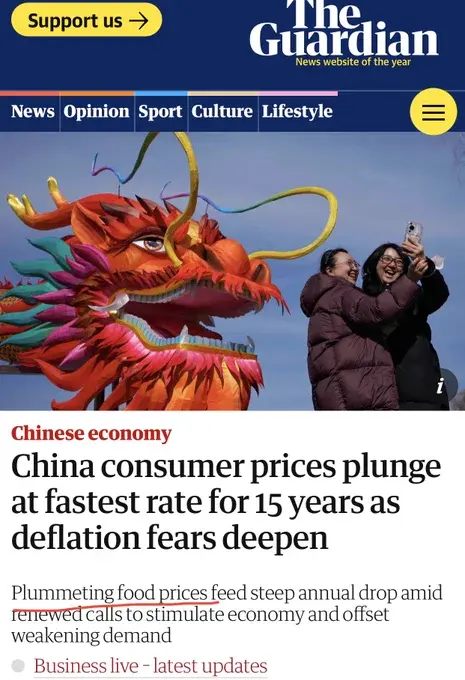
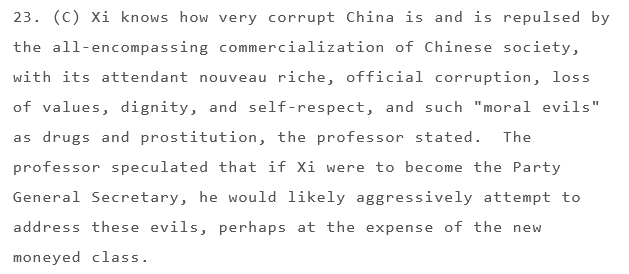
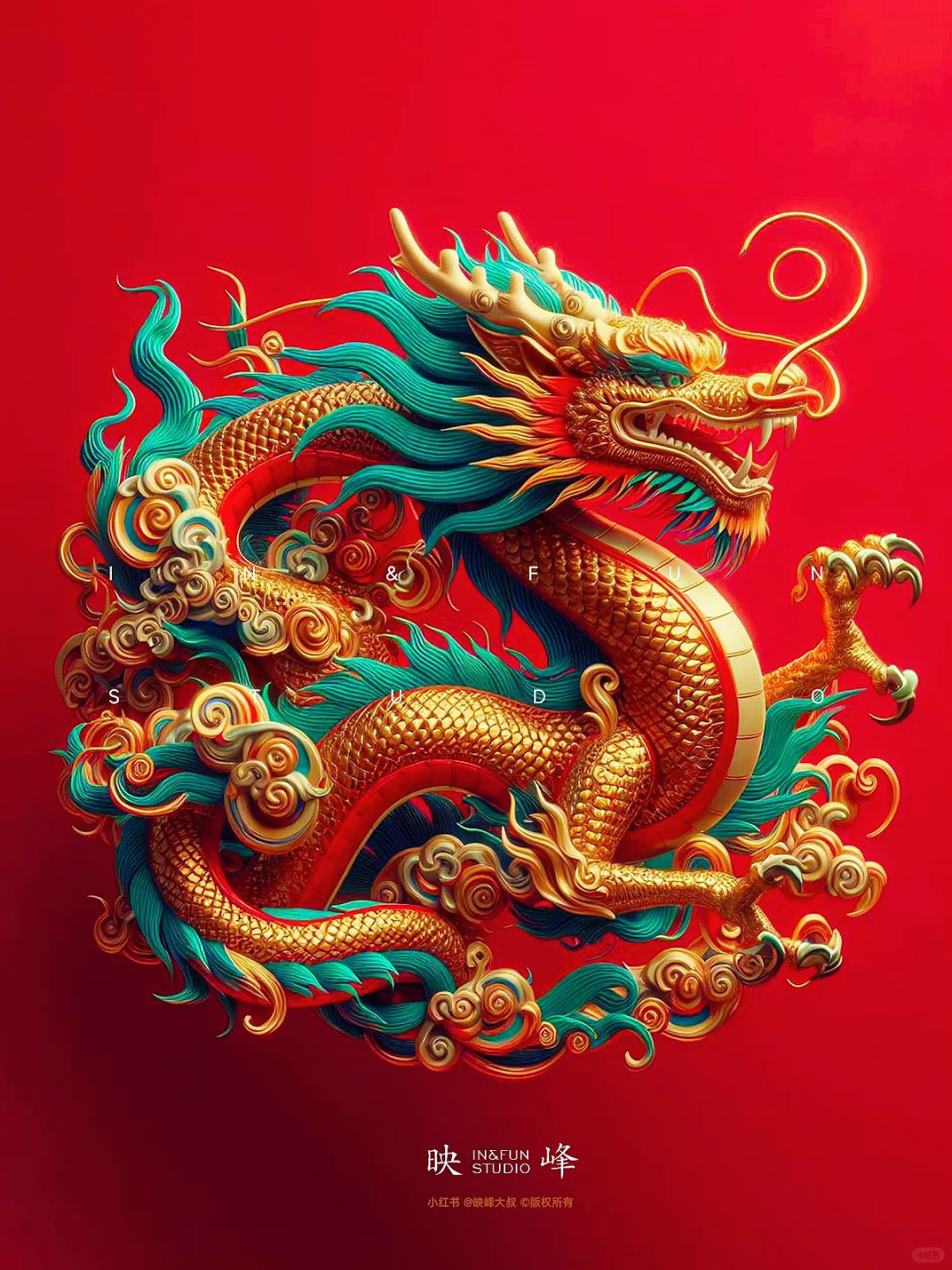 (source:
(source: 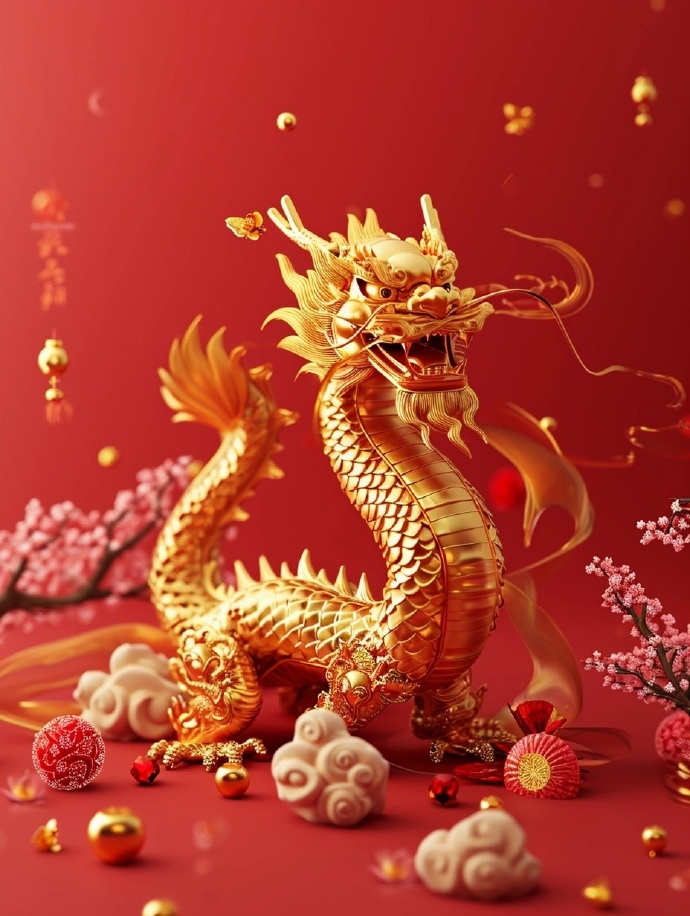 (source:
(source: 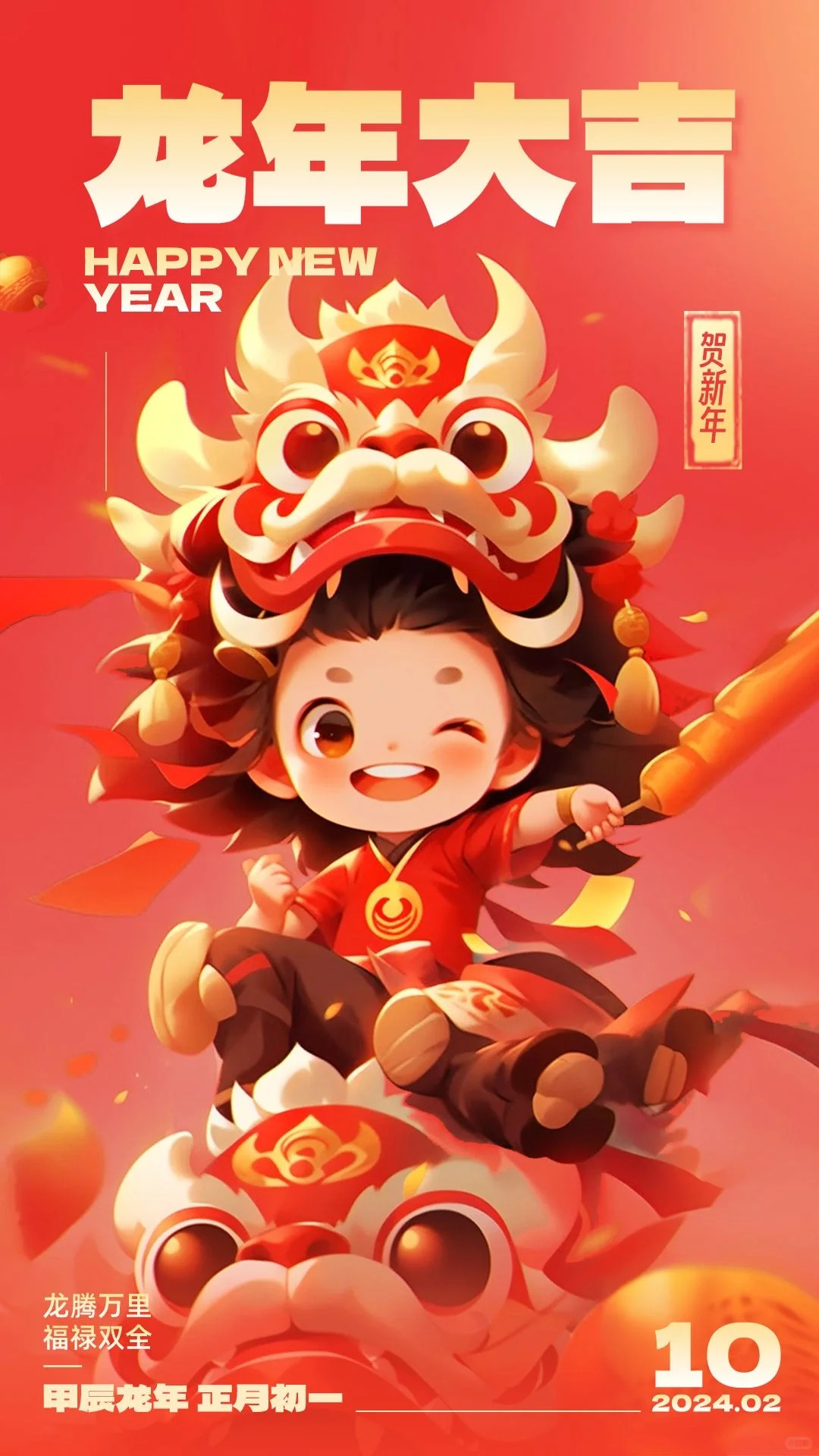
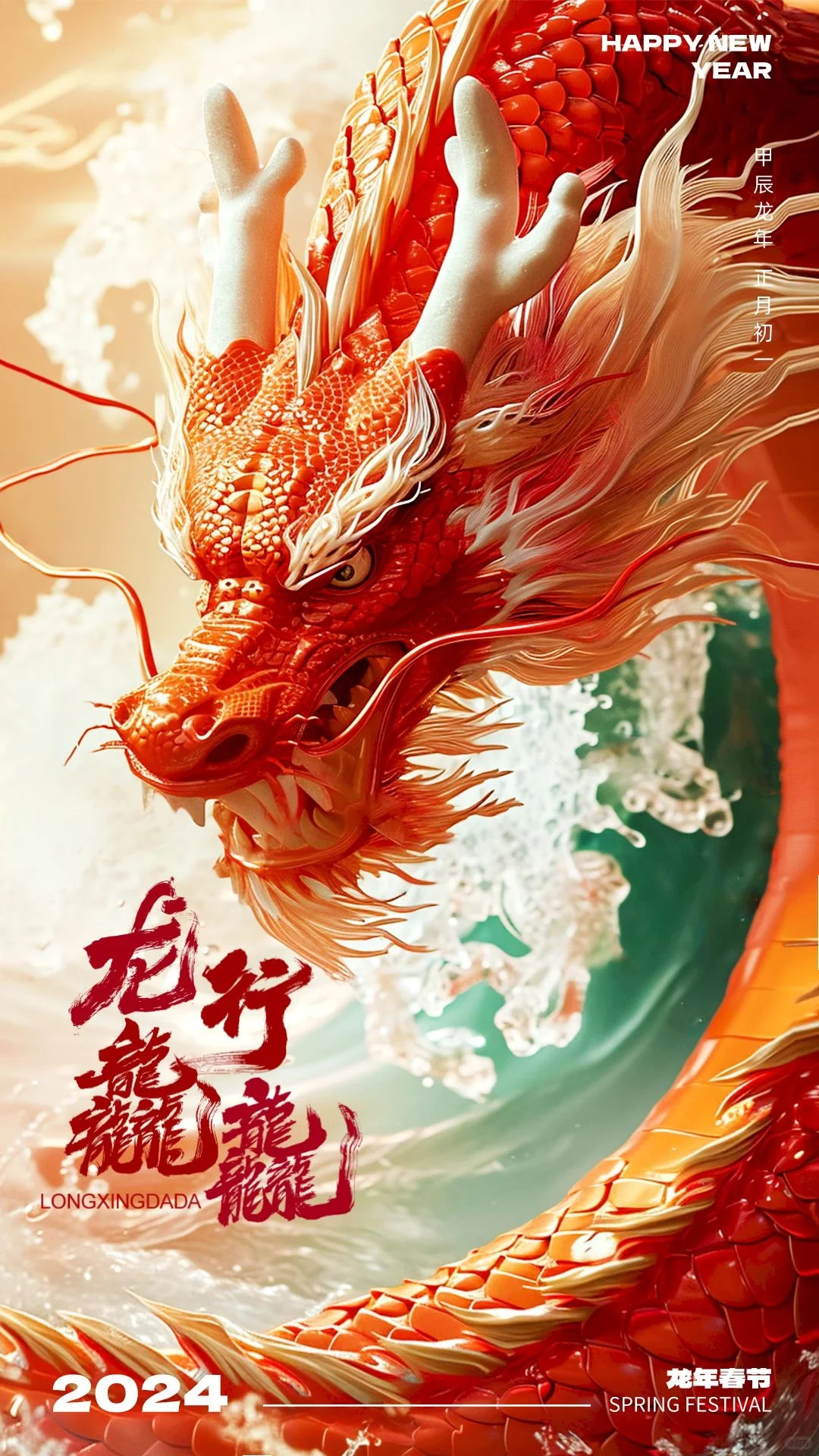 (source:
(source: 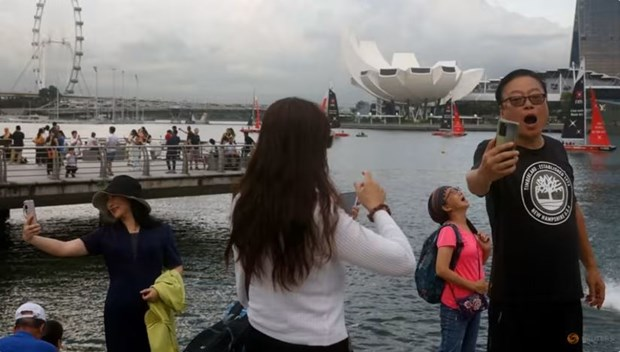 Chinese tourists pose for photos with the Merlion statue at Marina Bay in Singapore, May 3, 2023. (File photo: Reuters/Edgar Su)
Chinese tourists pose for photos with the Merlion statue at Marina Bay in Singapore, May 3, 2023. (File photo: Reuters/Edgar Su)